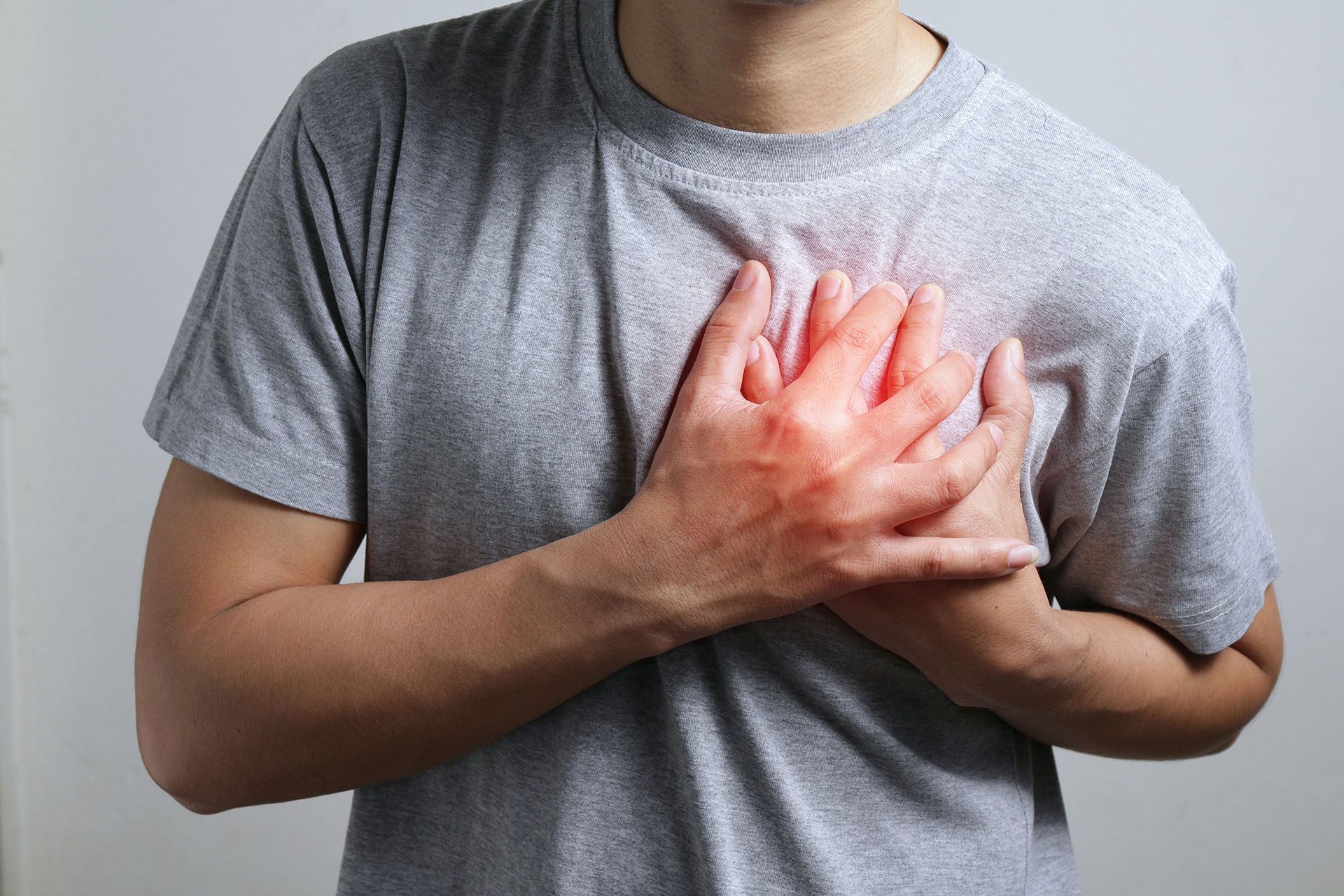INS LifeGuard
Snake Bites in Australia: What You Need to Know
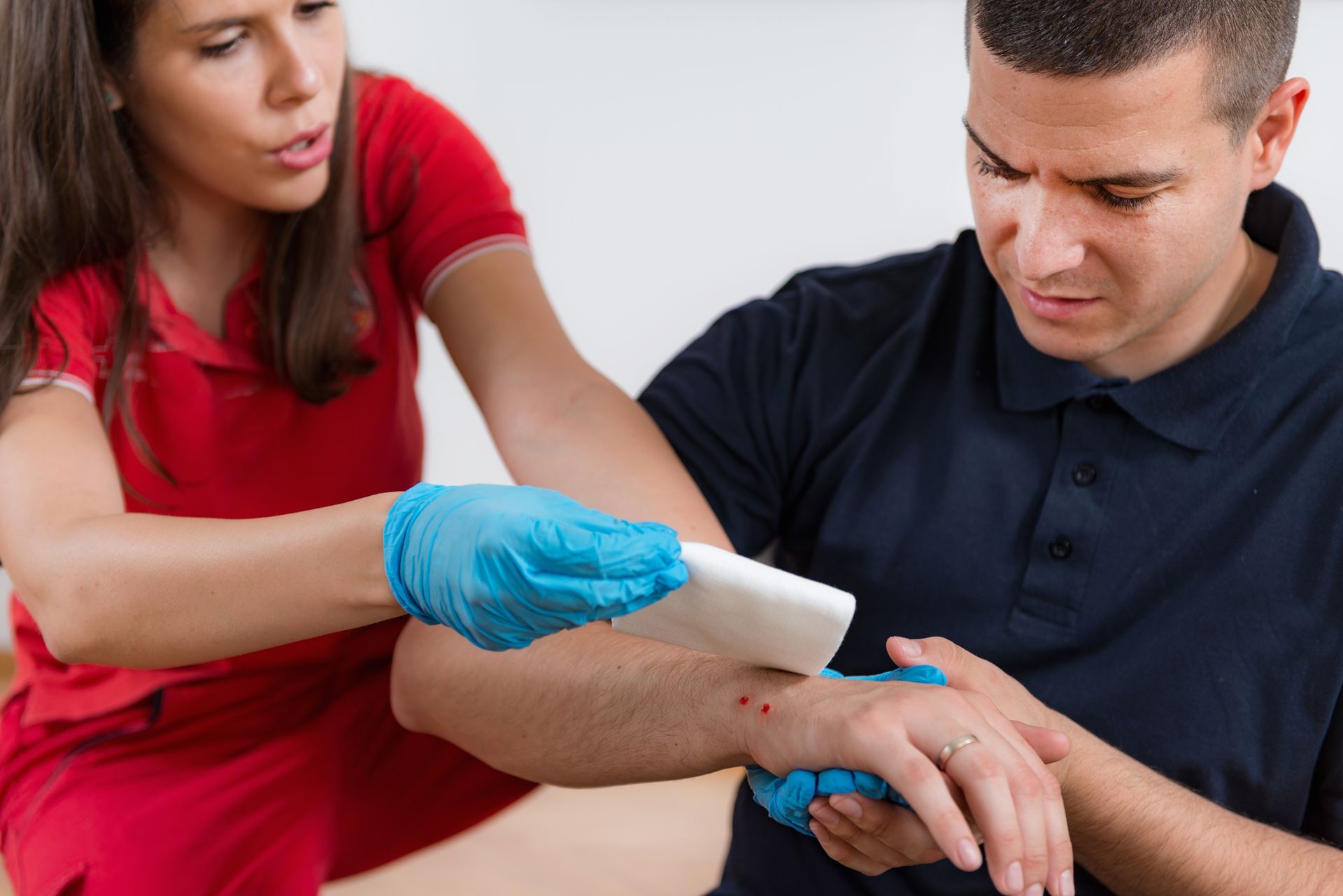
Australia is home to some of the world’s most venomous snakes, making it crucial to understand when and where you’ll most likely encounter them. Snakes are generally more active during the warmer months, from September to April, as they emerge to hunt, mate, and bask in the sun. Whether hiking in the bush, gardening at home, or working outdoors, being prepared and informed can save lives.
Common Venomous Snakes, Habitats, and Active Seasons
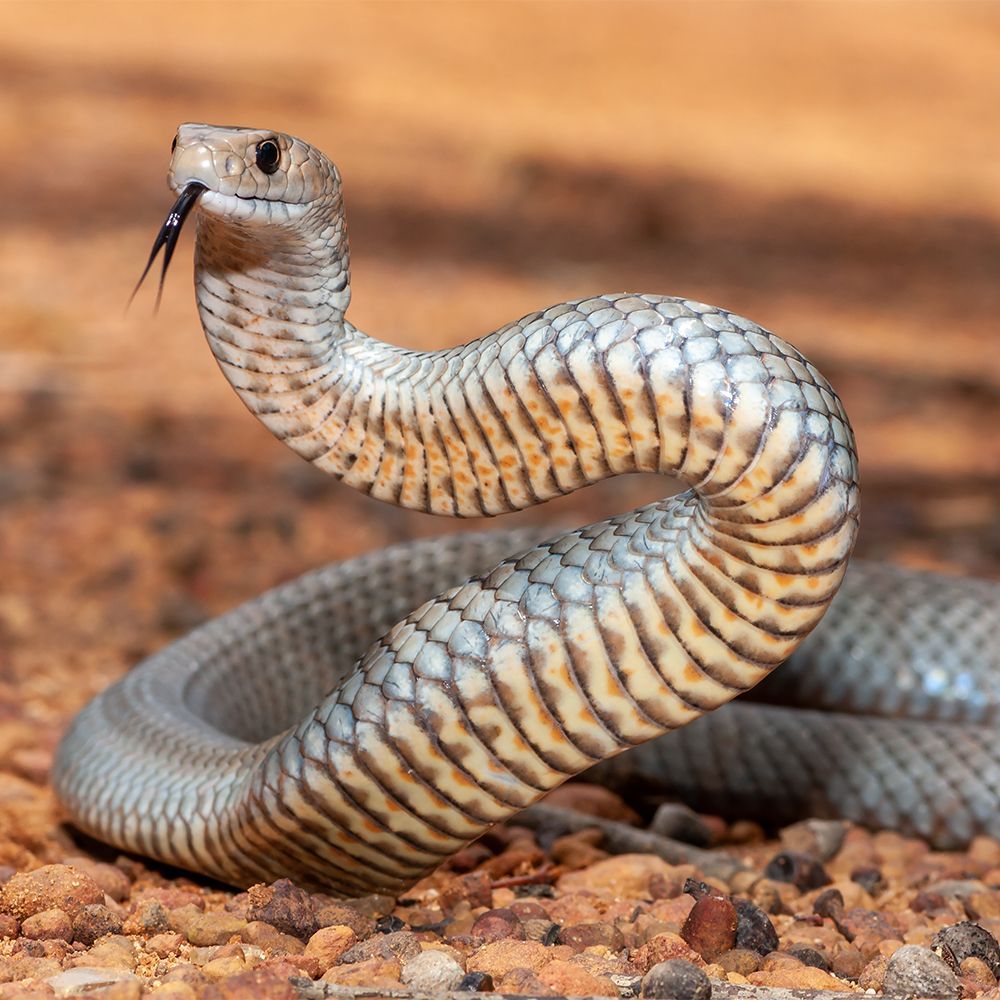
Eastern Brown Snake (Pseudonaja textilis)
Appearance: Slender, with shades of brown or light tan.
Regions:
Found in Eastern and Southern Australia, including NSW, Victoria, Queensland, and South Australia, particularly in farmlands, grasslands, and suburban areas.
Active Season:
Most active in spring and early summer, as they hunt prey and seek mates.
Venom:
Extremely toxic, affecting the nervous and circulatory systems. Symptoms include dizziness, nausea, rapid blood clotting, and paralysis.
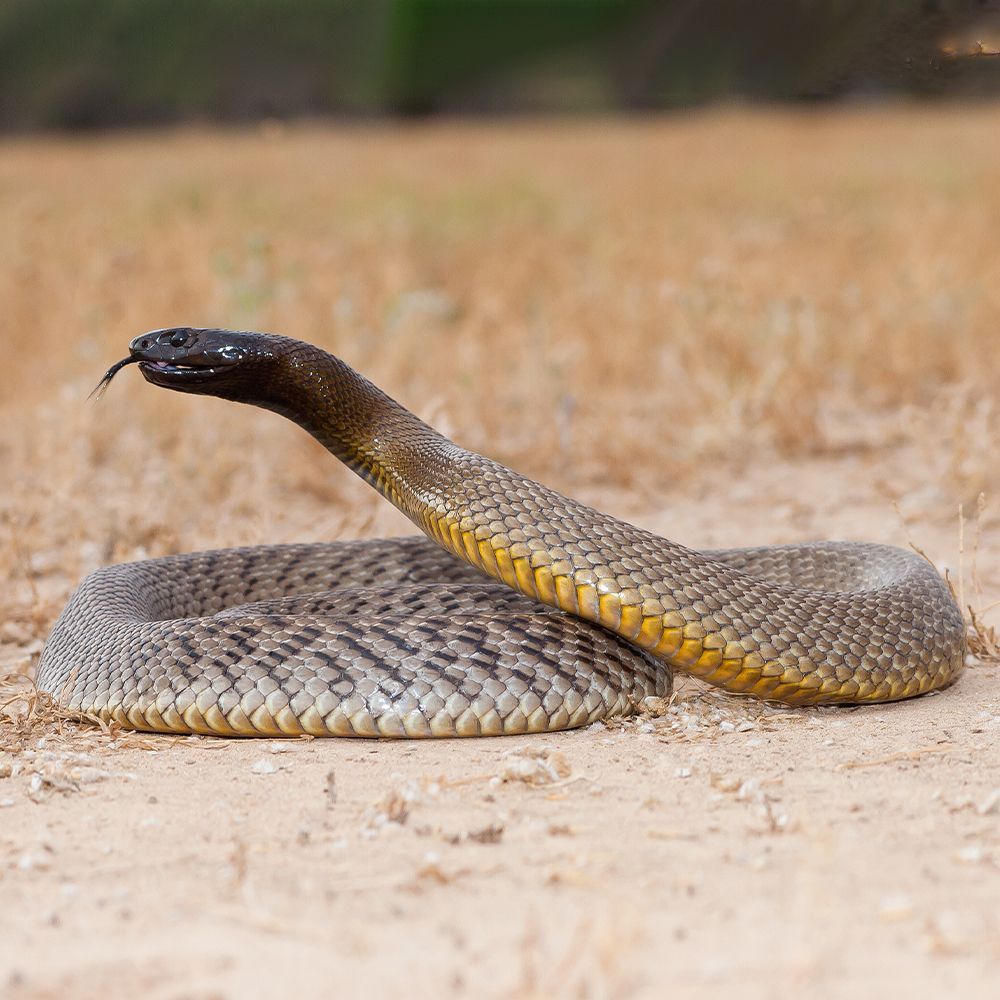
Inland Taipan (Oxyuranus microlepidotus)
Appearance: Light brown to olive green with a rounded snout.
Regions: Found in arid and semi-arid areas of Queensland and South Australia, especially in the Channel Country.
Active Season: Active during warmer months, especially after rains when prey is more abundant.
Venom: The most potent land snakes can cause rapid organ failure and severe neurotoxic effects.
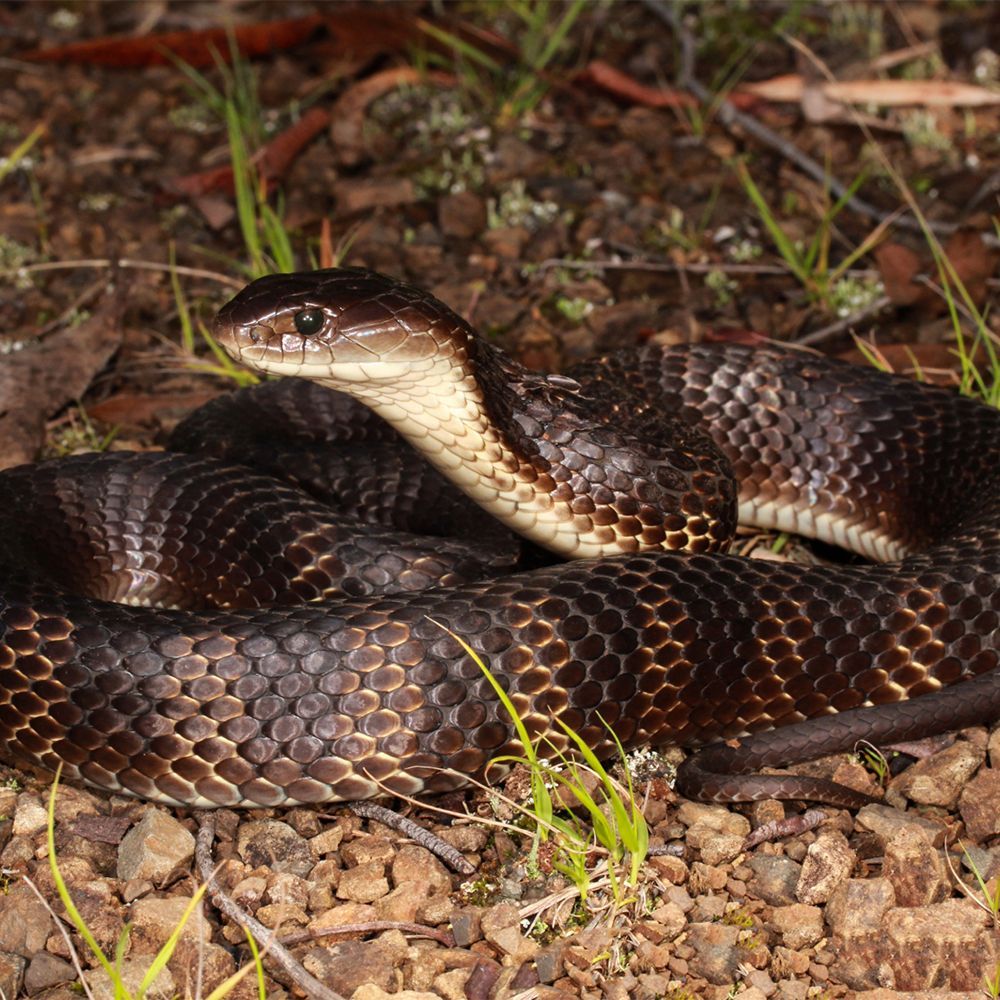
Tiger Snake (Notechis scutatus)
Appearance: Dark brown or black with lighter tiger-like bands.
Regions: Found in Southern Australia, Tasmania, and parts of Victoria and South Australia, thriving in wetlands, grasslands, and coastal areas.
Active Season: Most active during summer, especially near water sources.
Venom: Neurotoxic and myotoxic, leading to muscle weakness, paralysis, and blood clotting issues.
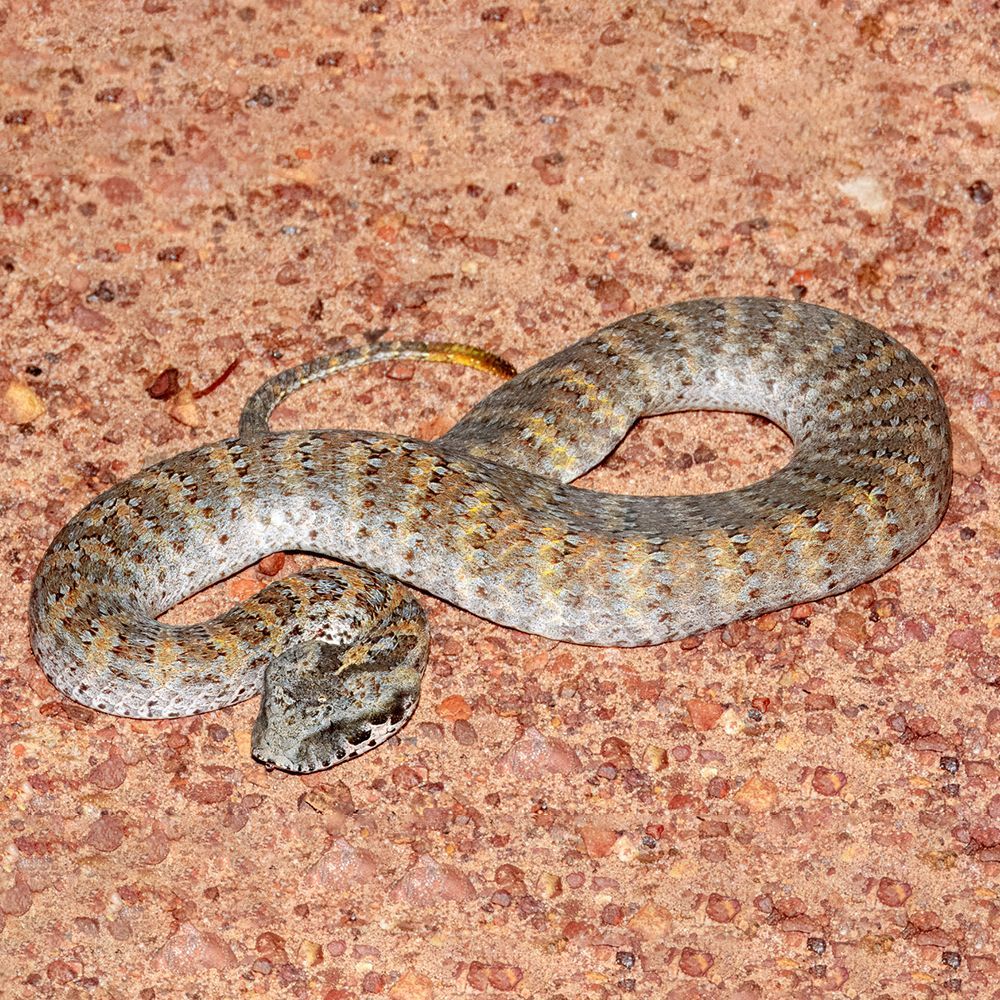
Death Adder (Acanthophis spp.)
Appearance: Stocky has a triangular head and a banded body pattern.
Regions: Found in woodlands and forests across Australia, including Queensland, NSW, and the Northern Territory.
Active Season: Active in spring and summer, waiting for prey.
Venom:
Highly neurotoxic, causing rapid paralysis and respiratory failure.
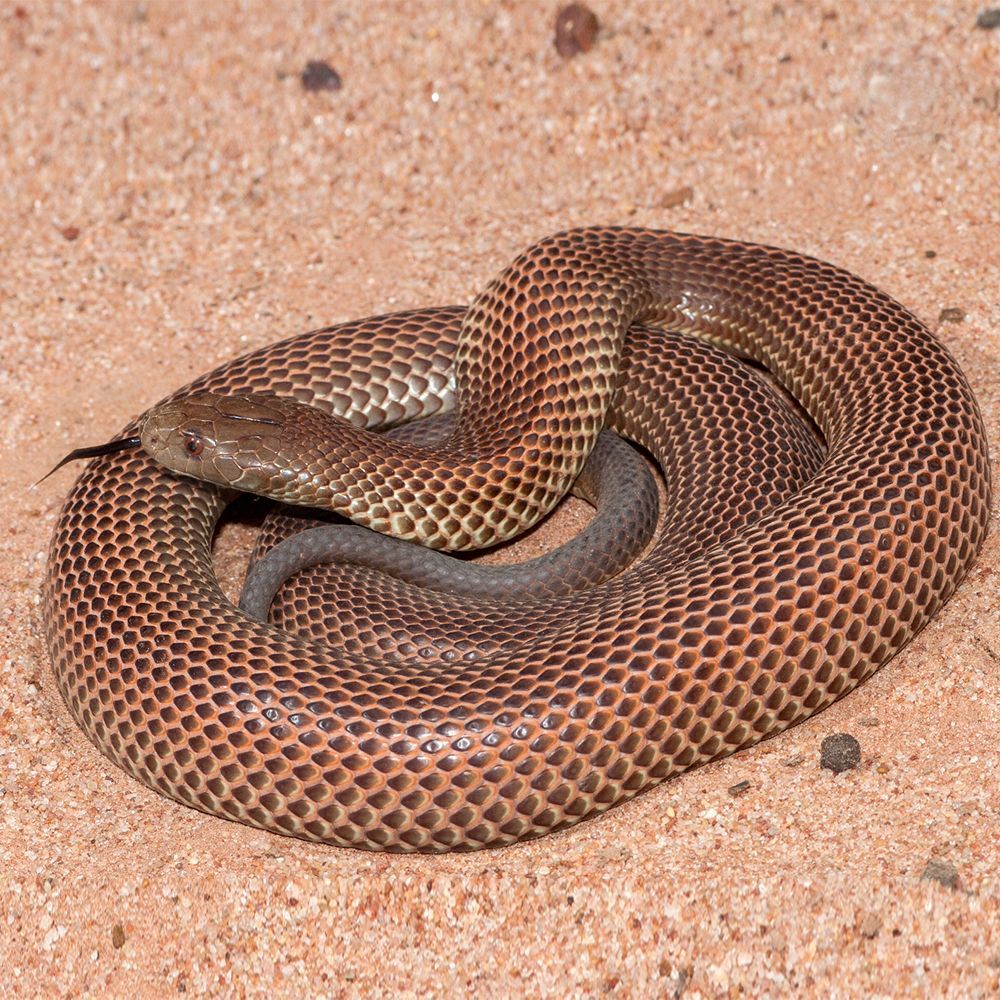
Mulga Snake (King Brown Snake)
Appearance: Large, robust, with dull brown or reddish scales.
Regions: Found in northern and central Australia, including Queensland, Northern Territory, and Western Australia, in dry woodlands, grasslands, and deserts.
Active Season: Active throughout the hot summer, especially in remote, dry areas.
Venom:
Myotoxic, causing significant muscle damage and bleeding disorders.
Understanding Australia’s Venomous Snakes: Your Essential Guide to Snake Bite Safety
Snake bites can strike unexpectedly, but knowledge and preparation are your best defence. Download our free printable guide to explore Australia’s venomous snakes and discover the essential first-aid steps to confidently handle emergencies.
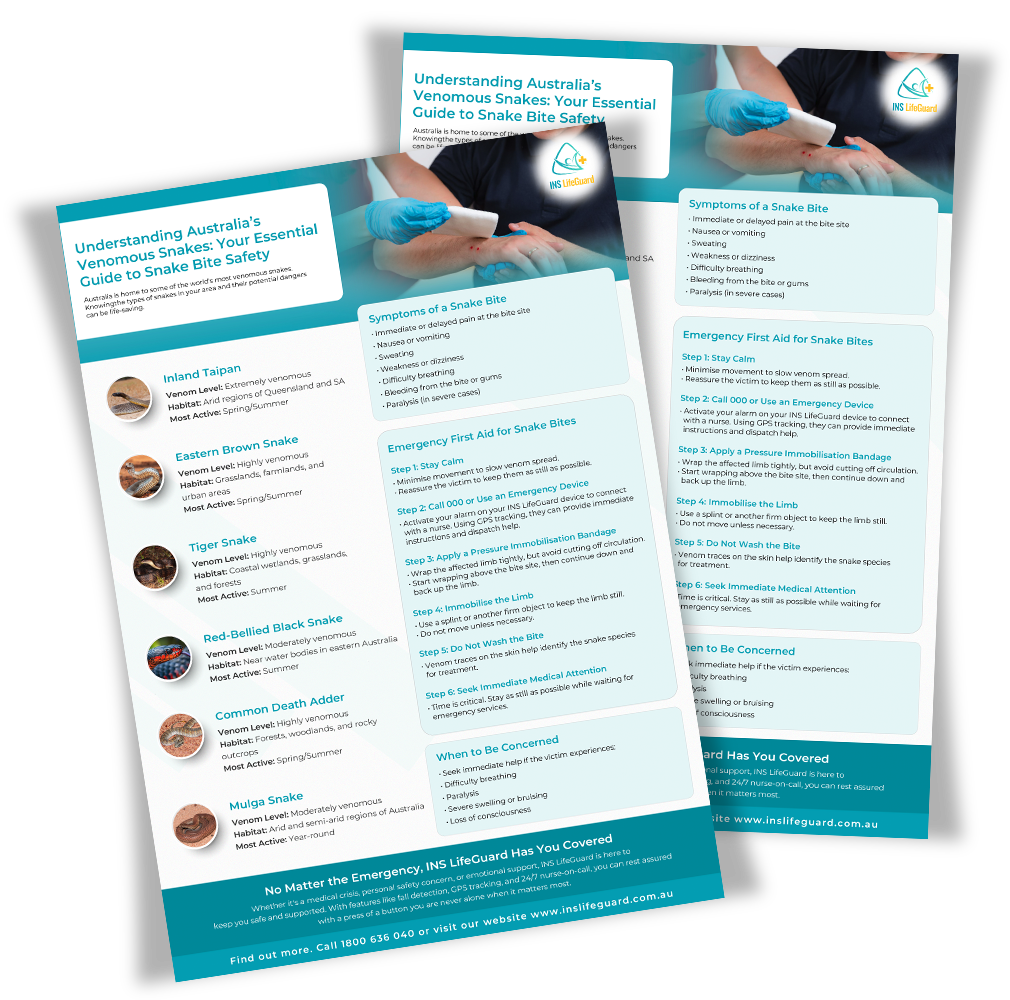
What to Do If Bitten by a Snake
Steps to Take Immediately
Stay Calm
Minimise movement to slow the spread of venom. Staying calm can help regulate your heart rate and reduce venom circulation.
Call 000 or Use an INS LifeGuard Device
INS LifeGuard devices, including the LifeGuardian® App, provide instant connection to highly trained nurses who know your location using GPS tracking. Whether you activate help through a button press, fall detection, or Siri voice command with the LifeGuardian® App, our nurses on call assess your situation, offer immediate support, and dispatch emergency services directly. Our support ensures help reaches you quickly, even if you cannot respond.
Apply a Pressure Immobilisation Bandage
Wrap the affected limb tightly but not enough to cut off circulation. Start above the bite and work downward, immobilising the area to slow venom spread.
Avoid Movement
Keep the affected limb still and minimise body movement to prevent venom from spreading further.
Do Not Wash the Bite
Avoid cleaning the bite area. Venom traces on the skin are critical for identifying the type of snake and determining the appropriate antivenom.
Seek Immediate Medical Attention
Time is critical with snake bites.
With INS LifeGuard, you are supported every step of the way. Our cutting-edge technology and highly skilled nurses ensure you get the help you need—quickly and effectively—during any emergency.
Regional and Seasonal Safety Tips
Eastern and Southern Australia (NSW, VIC, SA, QLD)
Likely encounters: Eastern Brown Snake, Tiger Snake.
Tip: Be cautious during spring and summer, especially in suburban backyards, farmlands, and bushwalking areas.
Northern Australia (NT, Northern QLD, WA)
Likely encounters: Mulga Snake, Death Adder.
Tip: Be alert in wet seasons and humid months, particularly when camping or working outdoors.
Southern and Coastal Regions (TAS, VIC, Coastal NSW)
Likely encounters: Tiger Snake, Eastern Brown Snake.
Tip: Stay vigilant during warm months near water sources like wetlands and coastal paths.
Central Australia (Outback SA, NT, WA)
Likely encounters: Inland Taipan, Mulga Snake.
Tip: Carry a fully stocked first-aid kit and reliable communication device when exploring remote areas.
When to Be Concerned
Seek immediate medical attention if symptoms include:
- Sudden dizziness or collapse.
- Difficulty breathing or tightness in the chest.
- Nausea, vomiting, or sweating.
- Paralysis or muscle weakness.
- Rapid swelling around the bite site.
Stay Safe and Supported with INS LifeGuard
INS LifeGuard’s advanced technology, paired with our highly trained nurses and healthcare professionals, ensures 24/7 support whenever you need it. Whether it’s a medical emergency, personal safety concern, or emotional reassurance, we are here to help. With features like fall prevention and detection, GPS tracking, and instant nurse-on-call access, you are never alone when it matters most.
Call
1800 636 040 today to learn more or speak to our friendly team. Stay protected, stay connected.

About
INS LifeGuard is the only 24/7 nurse on-call personal and medical monitoring in Australia. We provide monitoring technology for both in the home and on the go and can also monitor other provider's equipment. Our services are suitable for anyone wanting support to stay independent such as the elderly, those with medical conditions and disabilities plus enhancing safety and security for lone workers.
Related Articles

-
Visit our website here
I hope you enjoy reading this blog post
INS LifeGuard is the only nurse on-call personal and medical alarm service in Australia. If you would like more information about INS LifeGuards solutions, visit our website here.
I hope you enjoy reading this blog post.
INS LifeGuard is the only nurse on-call personal and medical alarm service in Australia. If you would like more information about INS LifeGuards solutions, visit our website
here.

INS LifeGuard is the only nurse on-call personal emergency response service in Australia. We have a commitment to healthcare innovation which includes personal alarms and medical alert solutions that make independence easier, safer and more enjoyable.
Our services support Seniors, Carers, Providers, NDIS Participants, Retirement Villages, DVA, Lone Workers and anyone that wants the security that help is a press of a button away.
LATEST POSTS
PO Box 485 Unanderra NSW 2526 Australia
INS LifeGuard
International Enquiries
INS CareCall supplies and monitors emergency response equipment and services, including hardware manufactured by Chiptech, Smart-Caller, SmartLink, and the LifeGuard L-Series Diallers.
Monitoring of alarms is provided through INS LifeGuard's unique Emergency Response Centre, which is the only personal alarm response centre staffed by qualified nurses. This is an important distinction.
Quicklinks
Supporting
PO Box 485 Unanderra NSW 2526 Australia
INS LifeGuard
International Enquiries


